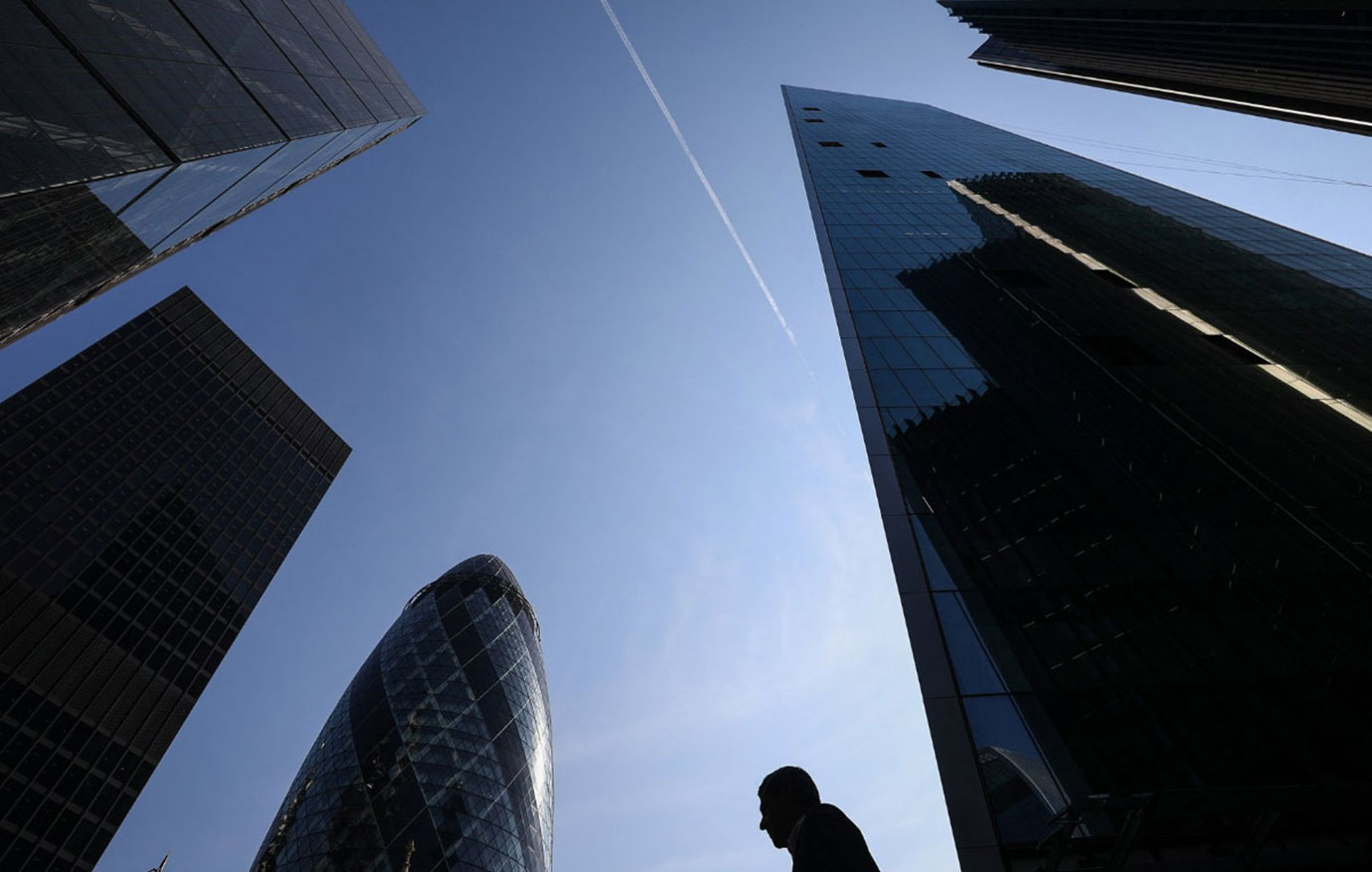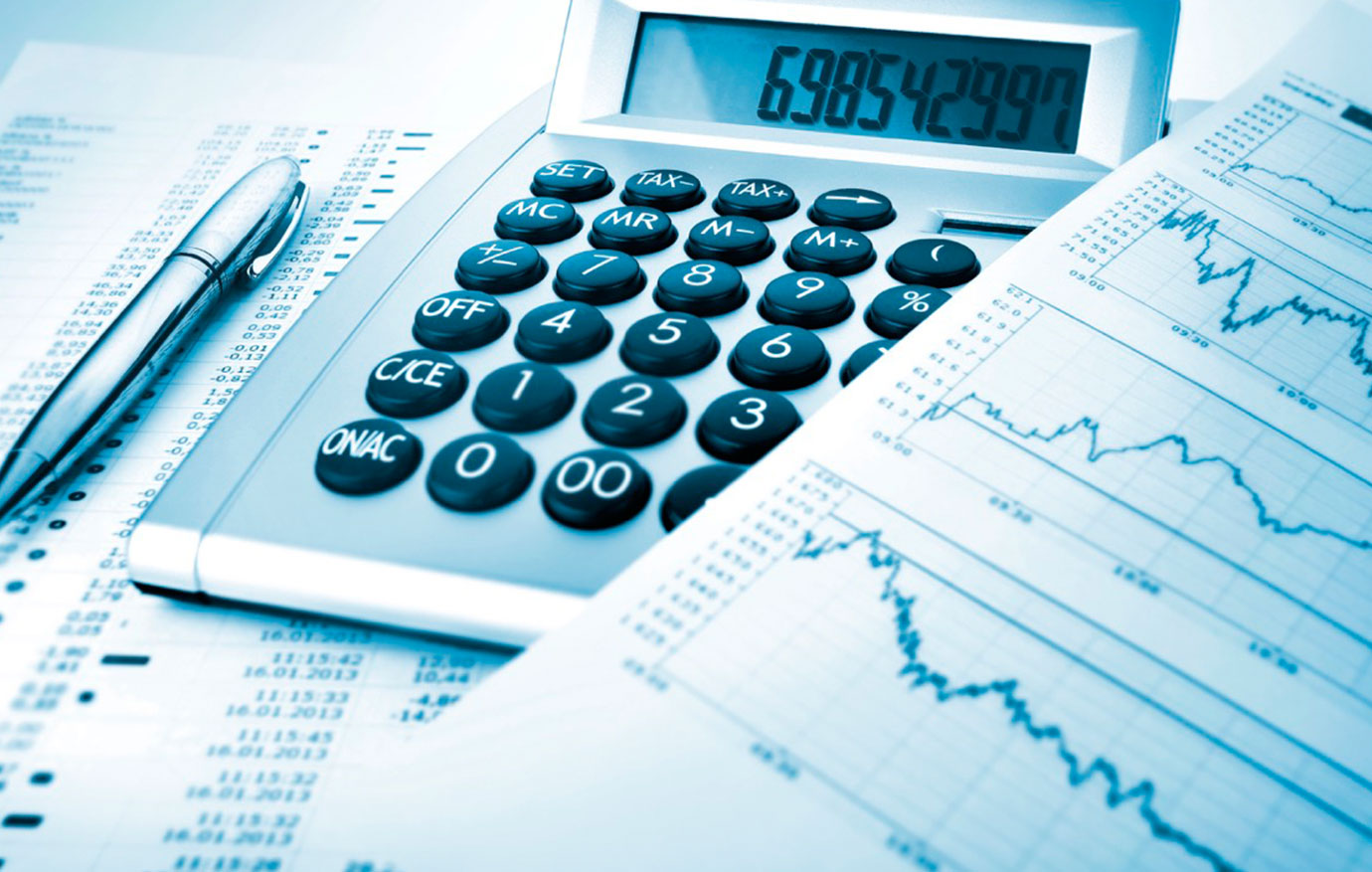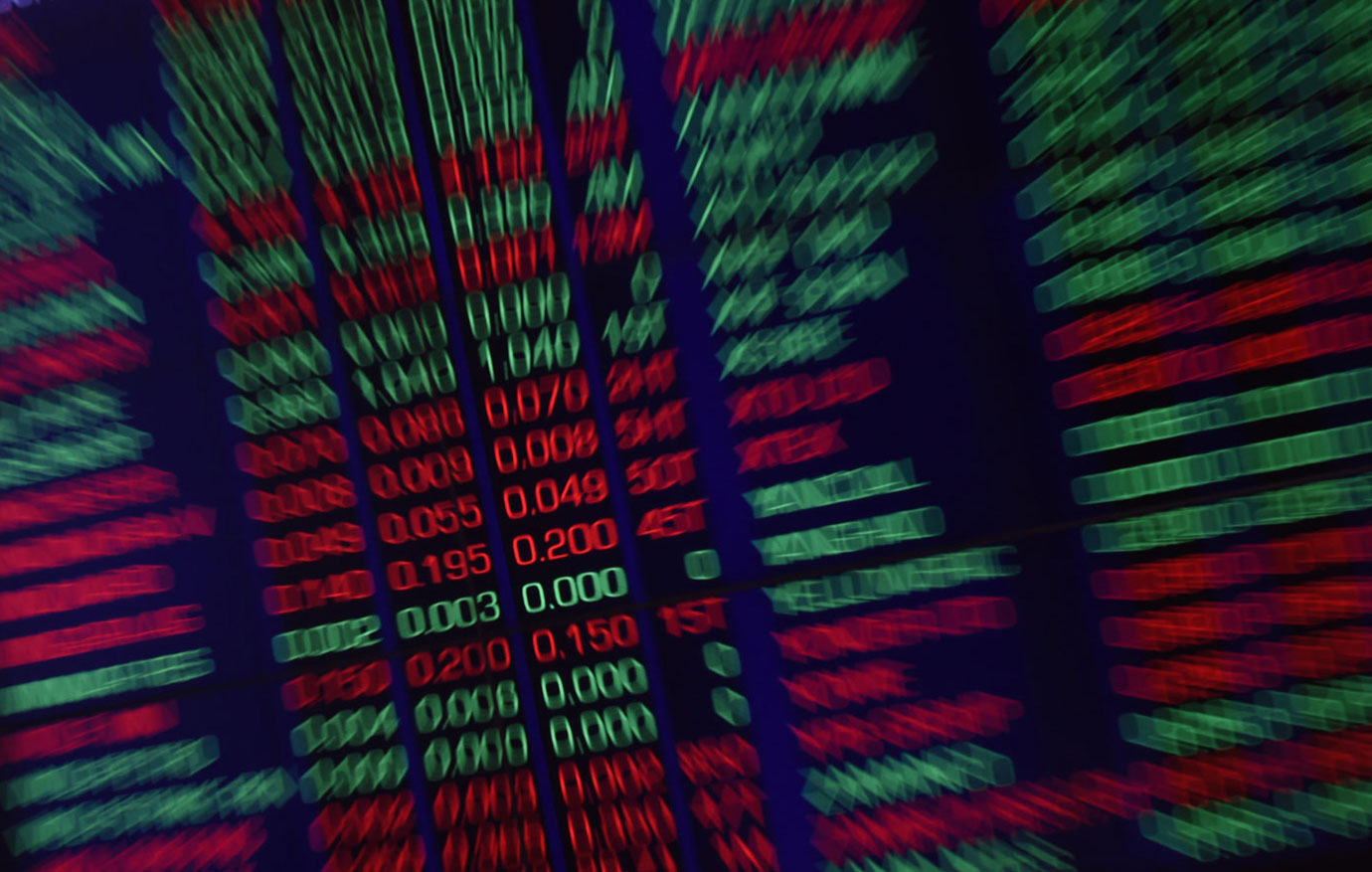
Tucker Carlson, who recently announced his own new media network, has been making the podcast rounds, talking to hosts of a variety of different ideological backgrounds. An interview a few weeks ago with Dave Smith had a moment that went viral when both men proclaimed Bill Buckley as a great villain of the 20th Century. (Murray Rothbard would agree.) Recently a new clip with Glenn Greenwald made the social media rounds with Carlson claiming that “libertarian economics is a scam perpetrated by the beneficiaries of the economic system.”
Understandably, this quote made Carlson an immediate target for libertarians who frequently celebrate his takes on foreign policy but often cringe when he ventures into economic commentary. While the reaction to defend the label of “libertarian” is both understandable and important, particularly at a time where progressive-financed economic centers are seeking to launder economic interventionism as a “rightwing” cause, the reality is that Carlson’s critiques are not entirely invalid.
While the most prominent libertarian of our era, Ron Paul, and many accomplished libertarian economists, many of whom are affiliated with the Mises Institute, have stayed committed to a rigorous defense of free markets, the unfortunate reality is many of the organizations that are most active in political policy have often failed to do so. For those who have spent most of their time in Washington, most of their experience with self-proclaimed libertarian policymakers will be at cocktail parties at the Cato Institute, AEI, or one of the many Koch-funded outlets.
If one gives Carlson the grace to understand his underlying concern, his larger criticism of alleged defenders of “free markets” becomes more palatable.
Though libertarians rightfully scoff at the notion that libertarian values have ever held any strong grip on DC policymakers, it is true that “economic liberalism” has become the default label of almost all economic policy think tanks. Particularly in a post-Cold War world, the idea of any serious person in Washington describing themselves as anything but an advocate for “capitalism” was alien prior to the rise of Donald Trump and Bernie Sanders in 2016. Hillary Clinton and Joe Biden both have proudly described themselves as “capitalists.”
While any definition of “capitalism” that can be claimed by any modern Democrat, or even the overwhelming majority of Republicans, could not at all be confused as “libertarian,” there has long been a class of “libertarian economist” who has maintained a general skepticism of direct government intervention while ignoring, or at sometimes cheering, one of the greatest drains on American prosperity: monetary policy.
The most obvious example is Milton Friedman. While numerous critiques of Friedman and his monetarist followers can be found by Austrian economists, one specific example of this blind spot is particularly worth noting: his advocacy of quantitative easing. Though Friedman passed in 2006, years before the Fed’s response to the financial crisis sparked by former Objectivist Alan Greenspan’s housing bubble, he explicitly advocated for Japan’s central bank to use money printing to buy government bonds as a way out of a financial crisis in the late 1990s. While Friedman would often voice skepticism of the wisdom of policymakers and central bankers, the unfortunate reality is that his economic views often helped provide useful intellectual cover to help justify new aggressive uses of their power. Ben Bernanke, a student of Friedman, brought this playbook to the Federal Reserve, making extensive use of Friedman’s recommendations.
It would be unfair to suggest that all Beltway “libertarian” economists actively advocate Bernanke’s moves. Given the gradual specialization of economics as a discipline, the reality is that many of the economists entrenched at various beltway organizations likely thought little about the larger consequences of the Fed. The problem, however, is that being blind to the broader economic distortions created by artificially-low interest rates, monetary inflation, and the ballooning of the Fed’s balance sheets makes it difficult to recognize the challenges they have created for Americans.
This has been on full display in recent years with the growing politicization of big business. Whether it is in the form of DEI and ESG requirements from large firms, the willingness to cooperate with the state for matters of censorship of Big Tech platforms, the weaponization of private employment as a means for policy enforcement over covid, the reflexive nature of “libertarians” to come to the defense of big business has created undeniable tension with a broader respect for individual liberty. As Carlson told Greenwald, “I think a smarter way to assess an economic system is by its results.”
Any libertarian economic thinking that results in a defense of the covid-regime, no matter how nuance is applied, is deserving of scorn by anyone who cares about the liberty for their families.
Similarly, the indifference of too many libertarian policy wonks towards monetary policies has led them to ignore many of the issues that concern individuals like Carlson. Reflexively defending the rights of increasingly activist big business ignores the role that Fed policy has played in corporate consolidation, effectively providing a subsidy to corporate America. While advocating tax cuts on those economic actors that have benefitted from the post-2008 Fed is certainly defensibly libertarian, the flip side is that their success has vastly outperformed the large percentage of Americans who have not benefited from this age of financialization.
One of Carlson’s go-to examples illustrating the failures of the modern American economy is the growth of dollar stores. While some libertarians may dismiss Carlson’s critiques of the “ugliness” of dollar stores, the reality is that the dollar store boom did coincide with the post-2008 economy. As wages for American workers stagnated while inflationary pressures continued, dollar stores came to “reign supreme” in retail. As Austrian economists have noted, one of the secondary consequences of the fiat money system has been the pressure it applies to middle and low-income consumers to make lower-quality substitutions in their spending habits. From 2008 to 2020, dollar stores saw an 89.7 percent increase in their grocery business.
It would, of course, be mistaken to place monetary policy as the sole reason for the success of Carlson’s hated dollar stores. From personal experience, their smaller nature can make them more convenient for simple purchases than larger outlets and perhaps for some they serve a purpose closer to a suburban convenience store rather than a dehumanizing symbol of neoliberal conquest. Still, Carlson’s concern about what their growth means for average Americans is not without merit as an illustration of how Washington policymakers are ripping Americans off.
The real problem with Carlson’s economic views is not his willingness to be overly broad with the label “libertarian,” but the trap of embracing a form of economic denialism due to his understandable disillusionment of our failed economic expert class. While Carlson may find attempts to clarify the best labels to apply to the modern economic system as “boring conversations,” valid critiques of what exists now should not result in dismissing capitalism’s virtues.
Further, it is noteworthy that modern economic nationalists who delight in cheering on Carlson’s attacks on libertarians as a way of promoting their own interventionist dreams are just as blind as the worst “libertarian economist” on the real cancer of our economic system. As I noted earlier this year, American Compass, one of the institutions that has benefited from progressive deep pockets, managed to create an entire policy document without any meaningful reference to the “Federal Reserve” or “monetary policy,” even though it has a chapter dedicated to “financialization.” Carlson, to his credit, has shown more interest in that topic.
This is precisely why Austrian economists have an important role in the current world. While the economic ideas of Milton Friedman have some culpability in the creation of the global economic mess in which we find ourselves, Austrian economic theories bear no responsibility. While too many libertarians cheered on alleged policy victories such as “Reaganomics” or NAFTA, libertarians like Murray Rothbard and Lew Rockwell joined with paleoconservatives in their concerns for the consequences these policies would have for the economy as a whole.



